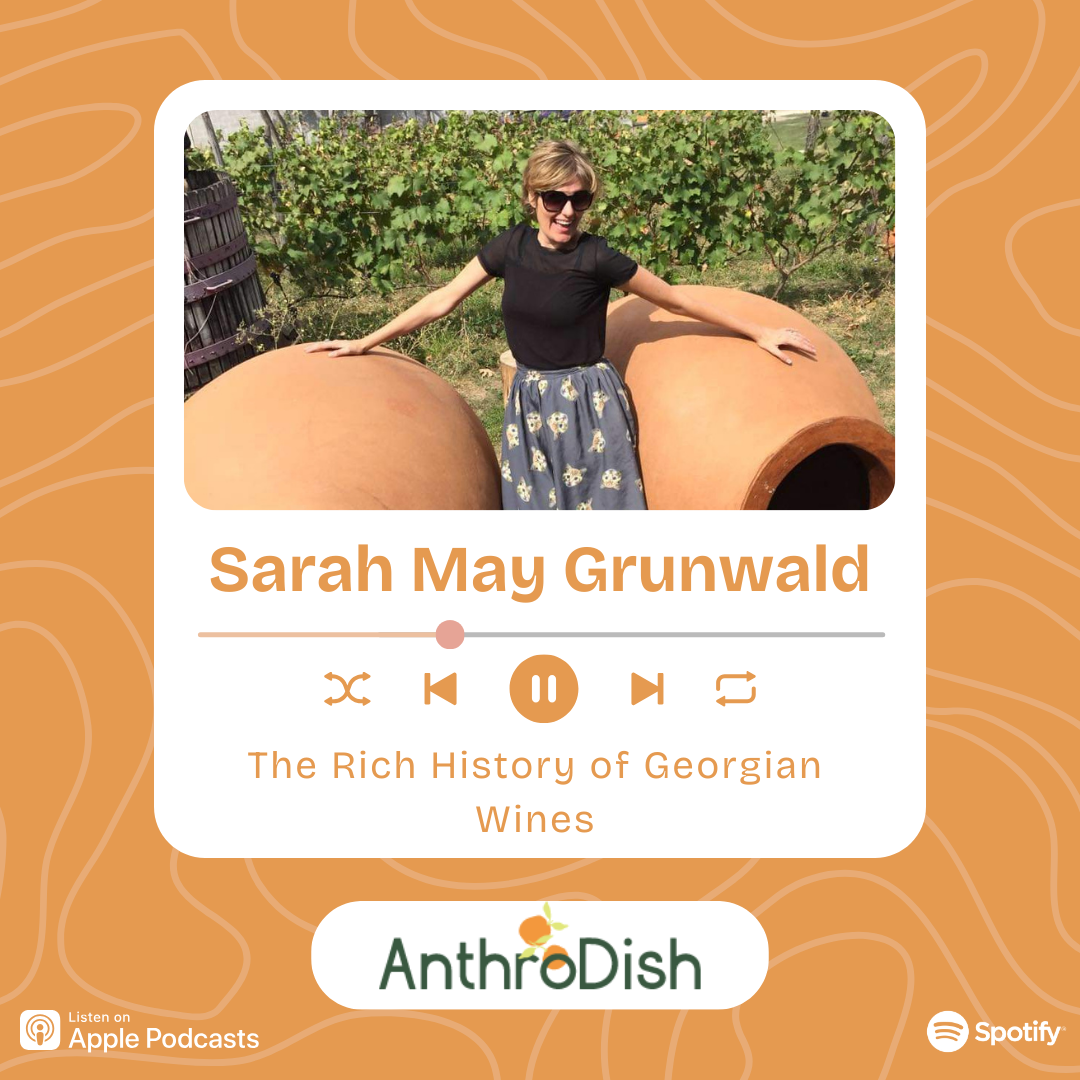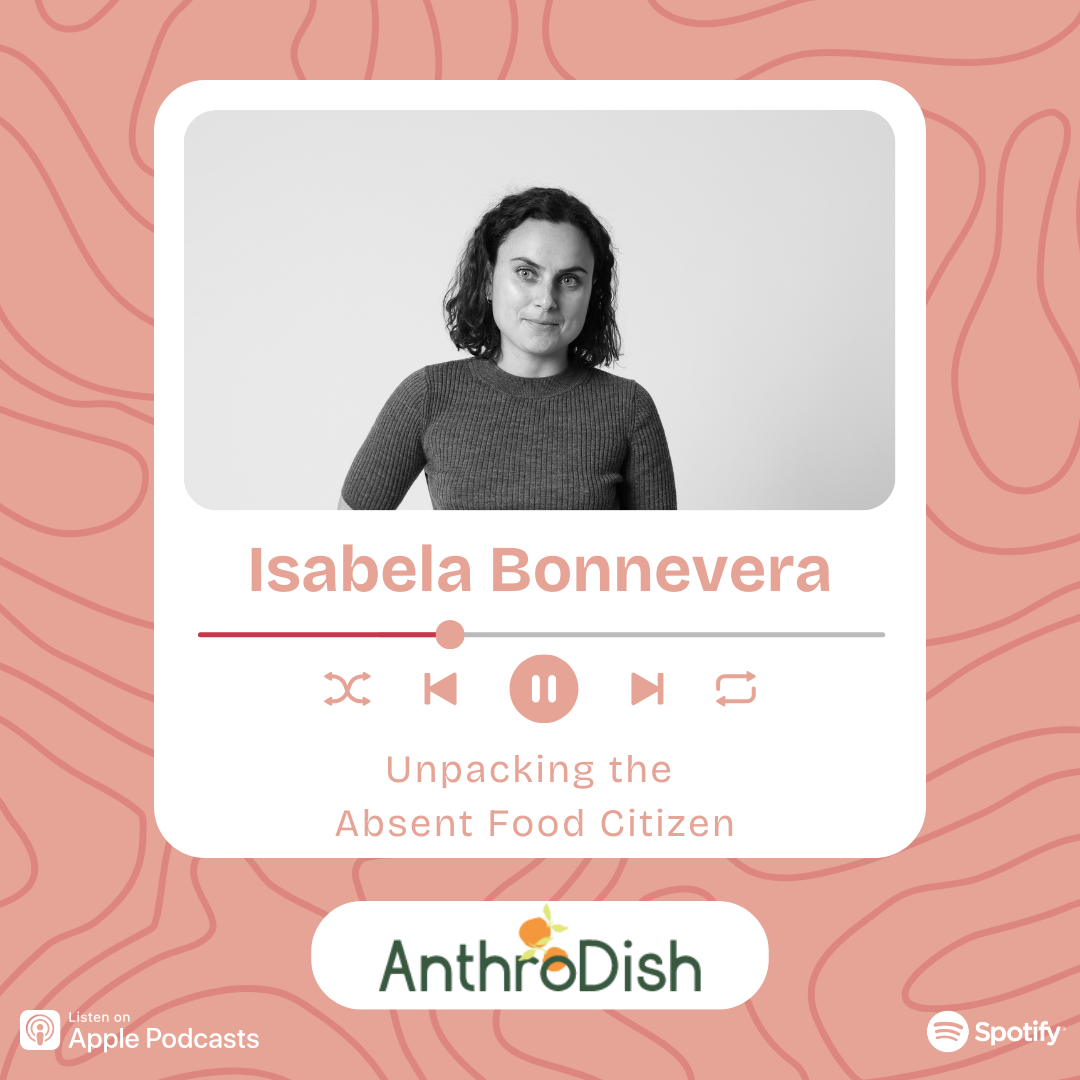On the show today are Norma Listman and Saqib Keval, looking at the solutions and communities that can be built when activism and ethical values are at the forefront of food creation. Norma and Saqib are the chefs and restauranteurs behind Masala y Maíz, which TIME Magazine named as one of the top destinations to visit worldwide, and its slightly more casual Indian-Mexican sister restaurant, Mari Gold. Norma and Saqib were also just featured in the most recent season of Chef’s Table on Netflix.
Masala y Maíz seamlessly blends Indian, East African, and Mexican flavours inspired by the cultures of the husband-wife team. In addition to being renowned globally for its genre-bending and deeply personal cuisine, Masala y Maíz champions a movement of social justice through food, prioritizing quality of life for their staff and farmers and serving as a testament to the idea that a values-based workplace can also be a thriving workplace.
In today’s conversation, Norma and Saqib share how they moved the idea of Masala y Maíz from a research concept into a full restaurant, even after not being so sure about staying in the industry for all its shortcomings), how experiences with local flavours on a menu can fuck with your brain and decolonize how you think about ingredients, and the importance of corn in cultural, social, and decolonial approaches to food.
Resources:
Social Media: @masalaymaiz @normalistman @saqibkeval
Website for Masala y Maíz
Book mentioned: México Between Feast and Famine: Food, Corporate Power, and Inequality by Enrique Ochoa








